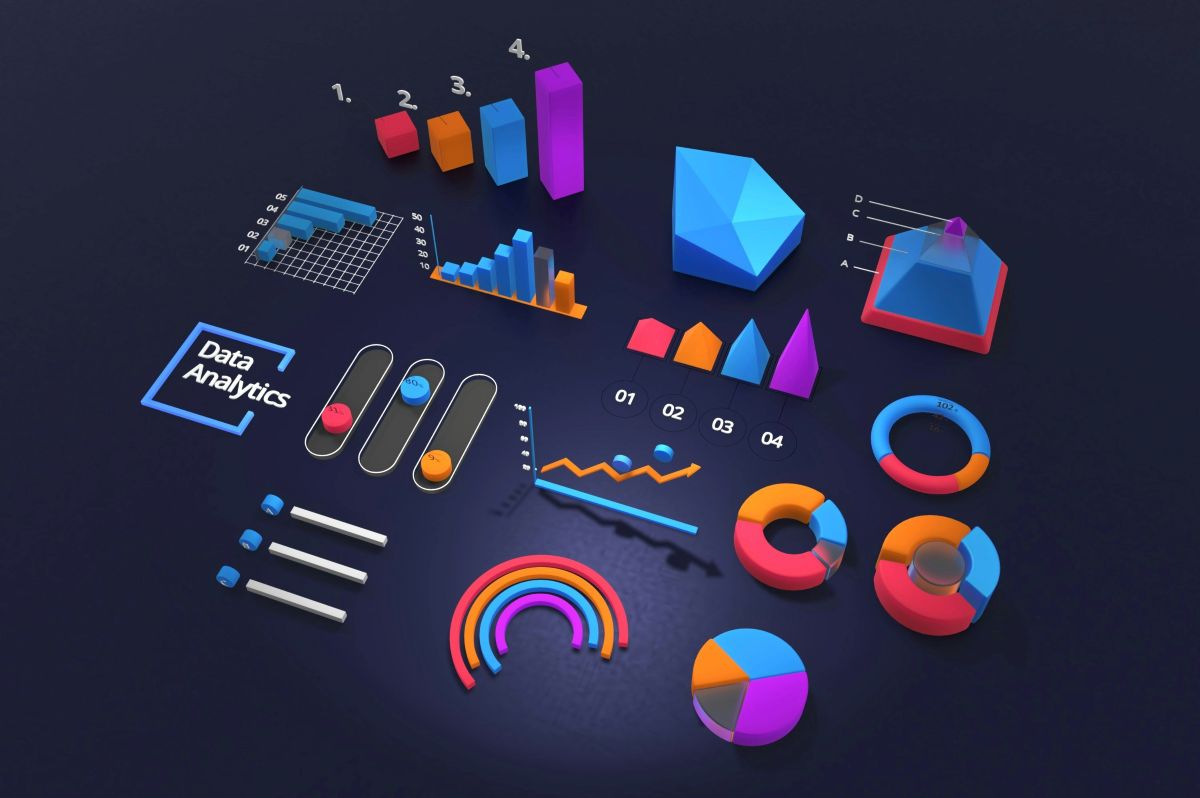The Role of Data Science Leaders in Enterprise Innovation
In today’s data-driven world, the role of data science leaders has never been more crucial for driving innovation within enterprises. As organizations increasingly rely on data to shape their strategies, improve efficiency, and meet customer demands, data science leaders are at the forefront of translating raw data into actionable insights that fuel decision-making processes. These professionals not only possess a deep understanding of advanced analytics, machine learning, and artificial intelligence but also play a pivotal role in guiding their organizations through technological transformations.
Data science leaders bring a unique combination of technical expertise and strategic vision, allowing them to leverage data in ways that create a competitive advantage. Their role is not limited to interpreting numbers but extends to orchestrating the integration of data into every facet of the business. This article explores the vital contributions that data science leaders make in fostering enterprise innovation and how they can drive sustained growth through data-driven decision-making.
1. Shaping the Data Strategy
Data science leaders are key players in defining and executing an organization’s data strategy. This involves identifying which data is critical for the business, how to collect it, and how to store, process, and analyze it to generate valuable insights. A well-crafted data strategy ensures that the organization has access to the right information at the right time, enabling informed decision-making at every level.
Moreover, data science leaders align the data strategy with business objectives. By understanding the company’s goals, they ensure that the data being collected and analyzed addresses specific business challenges. Whether it’s improving customer experience, optimizing operations, or discovering new revenue streams, the data strategy lays the foundation for innovation. Data science leaders not only shape the strategy but also oversee its implementation across departments, fostering a culture where data is central to decision-making.
2. Driving Innovation through Predictive Analytics
One of the key contributions of data science leaders is the application of predictive analytics to anticipate future trends and behaviors. By harnessing machine learning models and advanced statistical techniques, data science leaders help organizations forecast market trends, customer behavior, and potential risks. These insights can be pivotal for making proactive decisions rather than reactive ones.
For example, in retail, predictive analytics can optimize inventory management by forecasting customer demand for specific products. In manufacturing, it can predict equipment failure, reducing downtime and improving operational efficiency. Through these innovations, data science leaders enable enterprises to stay ahead of the curve and respond to changes in the market before they become significant issues, creating a competitive advantage that drives growth.
3. Facilitating Data-Driven Culture and Collaboration
Data science leaders play an essential role in fostering a data-driven culture within the organization. They champion the use of data and analytics across departments, ensuring that every team, from marketing to operations, understands the importance of leveraging data in their decision-making processes. By emphasizing the value of data, they help break down silos and promote cross-departmental collaboration.
A data-driven culture encourages innovation, as employees are empowered to use data insights to inform their actions and strategies. Data science leaders help build an ecosystem where data is accessible, understandable, and actionable. They also guide teams in using advanced analytical tools and platforms, ensuring that everyone from data analysts to executives can interpret and apply data insights effectively.
4. Integrating Artificial Intelligence and Automation
As artificial intelligence (AI) and automation continue to revolutionize industries, data science leaders are crucial in integrating these technologies into enterprise operations. By leveraging AI and machine learning algorithms, they can automate routine tasks, improve decision-making, and deliver personalized customer experiences at scale.
In the financial sector, for instance, AI models can automate fraud detection, minimizing risk and protecting customers. In customer service, chatbots powered by AI can handle routine inquiries, allowing human agents to focus on more complex tasks. Data science leaders not only oversee the implementation of AI and automation but also ensure that these technologies are aligned with business goals to maximize their impact on innovation.
Moreover, the integration of AI and automation opens up opportunities for new business models and services. Data science leaders are at the helm of exploring these possibilities, guiding their organizations to innovate in ways that were previously not possible, from predictive maintenance in manufacturing to personalized content delivery in media.
5. Enhancing Decision-Making with Real-Time Data
Data science leaders are also instrumental in enabling organizations to make decisions based on real-time data. In today’s fast-paced business environment, the ability to act swiftly is crucial. Data science leaders facilitate the integration of real-time data into business processes, allowing for immediate insights that drive faster, more informed decisions.
For example, in the healthcare industry, real-time data analytics can help doctors make faster diagnoses and treatment decisions. In logistics, real-time tracking of shipments can optimize delivery routes, reducing costs and improving customer satisfaction. By empowering decision-makers with immediate, data-backed insights, data science leaders ensure that enterprises can respond to challenges and opportunities as they arise, maintaining agility and competitiveness.
Find a Future in Data Science
Data science leaders are vital to the success of enterprises, driving innovation through strategic data management, predictive analytics, AI integration, and fostering a data-driven culture. Their ability to harness the power of data not only improves efficiency but also unlocks new avenues for growth and competitiveness. As organizations continue to navigate the digital age, the role of data science leaders will only become more integral in shaping the future of business.
If your organization is ready to embrace the transformative power of data, it’s time to invest in data science leadership. WorkForce Institute offers an accelerated data science leadership program designed to upskill or reskill professionals in the latest data science best practices. Equip yourself with the knowledge and expertise needed to lead your organization’s data-driven innovation efforts and create a competitive advantage in your industry.


